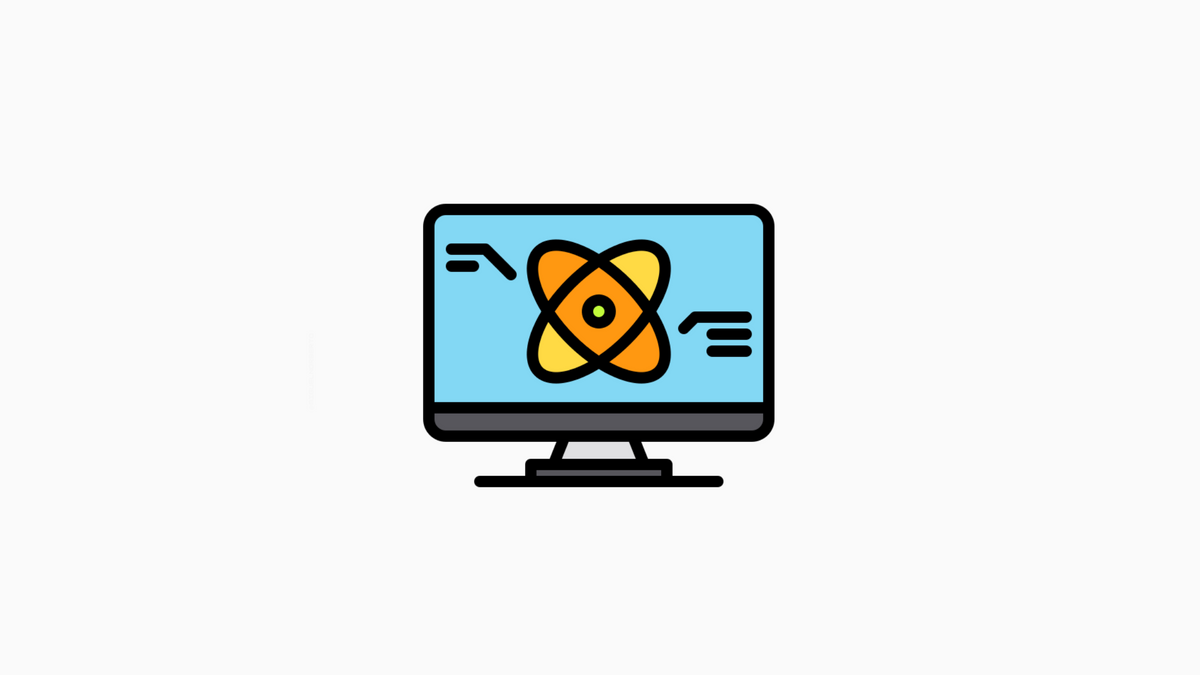Quantum Computing Explained

Quantum computing is a type of computing where information is processed using quantum bits or qubits.
In classical computing, data is processed using binary digits or bits, either 1 or 0. However, qubits can be both 1 and 0 simultaneously in quantum computing. This allows for many calculations to be done simultaneously, which is why quantum computers are so powerful.
How does quantum computing work?
Quantum computers can take advantage of quantum mechanical phenomena, such as superposition and entanglement, to perform operations on data. A quantum computer operates on qubits, which are units of quantum information. In a classical computer, each bit is either a 0 or a 1. However, in a quantum computer, each qubit can be both a 0 and a one simultaneously. This allows for many calculations to be done at the same time.
Quantum computers can also be used to create secure communications systems. In a traditional communication system, the message is sent in clear text to be read by the receiver. However, if someone were to intercept the message, they would read it. In a quantum communication system, the message is encrypted using quantum keys. These keys are created by taking two qubits and putting them into a superposition state.
Advantages of quantum computing
Quantum computing is still in its early developmental stages, but there are many advantages to the already discovered technology. For example, one of the most promising aspects of quantum computing is its potential to solve problems faster than classical computers. In some cases, quantum computers can solve problems in minutes that would take billions of years to complete classical computers.
Another advantage of quantum computing is that it can handle large amounts of data simultaneously. This makes quantum computers well-suited for data mining and machine learning tasks. Moreover, because the same constraints as classical computers do not limit quantum computers, they can explore more solutions to a problem in a shorter amount of time.
Finally, quantum computers are far more secure than traditional systems due to their novel architecture. This makes them an ideal choice for data encryption and security authentication applications.
Disadvantages of quantum computing
Quantum computing is a form of computing that relies on quantum mechanical phenomena to perform calculations. These computers promise massive speedups on some problems relative to classical computers. However, there are several disadvantages of quantum computing.
First, quantum computers are highly complex, and it is not yet clear whether they can be scaled up to larger sizes. Second, current quantum computers are error-prone, and their reliability needs to be increased before they can be used for practical applications.
Third, many problems that can be solved with quantum computers are not yet well understood, so it is unclear how useful they will be in practice. Finally, developing quantum computer algorithms and software is a difficult task, and there is still much research to be done in this area.
Despite these disadvantages, quantum computing can revolutionize information processing and could eventually become the dominant form of computing.
Final Thought
Quantum computing is the future of computing. It can solve problems that are currently unsolvable and revolutionize many industries. However, some challenges still need to be addressed before quantum computing can be widely adopted.
We need to develop better ways to protect data from being compromised and find new ways to fully use quantum computers to realize their potential.